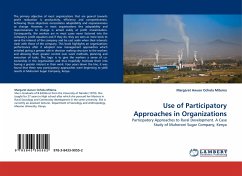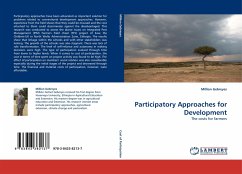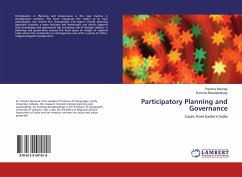The primary objective of most organizations that are geared towards profit realization is productivity, efficiency and competitiveness. Achieving these objectives necessitates adaptability and responsiveness to change. However, in most organizations this adaptability and responsiveness to change is aimed solely at profit maximization. Consequently, the workers are in most cases never factored into the company's profit equation and if they do, they are seen as mere tools to serve the interest of the company and be cast aside when their interests clash with those of the company. This book highlights an organizations performance after it adopted new management approaches which entailed giving a greater role in decision making structure to the workers and allowing them greater control over work methods, planning and execution of tasks. The logic is to give the workers a sense of co-ownership in the organization and thus hopefully motivate them into having a greater interest in their work. Four years down the line, it was found that these new participatory approaches were beginning to yield results in Muhoroni Sugar Company, Kenya.
Bitte wählen Sie Ihr Anliegen aus.
Rechnungen
Retourenschein anfordern
Bestellstatus
Storno








